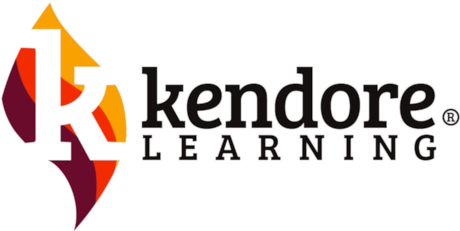All too often, we hear people say that the English language doesn’t make sense and that spelling and word meaning “just have to be memorized.” This couldn’t be further from the truth! Our language does make sense…if you know the rules. For example, the word “have” follows the rule that English words should not end in <v>; therefore an <e> is added.
Let’s stop telling our students that our language is illogical, and let’s teach them the tools they need to easily break the code to read and spell thousands of words. Watch Executive Director Jennifer Hasser, M.Ed., explain more in our helpful video.
If you’d like to learn strategies that make structured literacy instruction more effective and memorable, attend our workshops. Our curricula and training program are accredited by the International Dyslexia Association (IDA) and the International Multisensory Language Education Council (IMSLEC).

